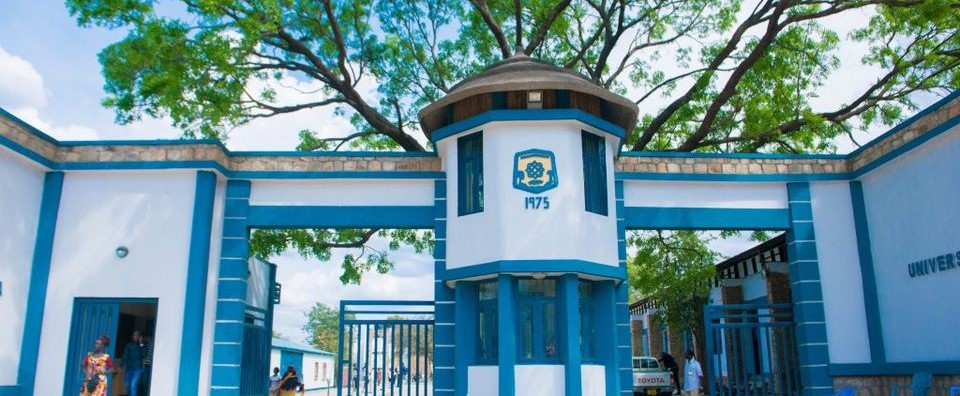The teaching staff at the University of Juba have announced plans to stop all work starting July 26 if overdue salaries and allowances are not promptly paid.
The decision, reached by a vote of 56 out of 62, comes after the staff endured nearly nine months without salaries, amidst severe economic challenges plaguing South Sudan.
The ultimatum was articulated in a statement issued by the various schools’ representatives, following a meeting on Saturday. The demands include the full payment of eight months’ wages and the settlement of pending allowances.
“We are not robots; even robots require electricity and maintenance to perform efficiently,” the statement read.
“It is unsustainable for us to continue teaching for nearly nine (9) months without compensation.”
The statement added that already 30% of lectures had been affected as the dons struggle to afford the transportation costs.
The strike decision was further fueled by the allegations of the administration’s indifference. According to the teaching staff, efforts to raise concerns during the dean’s board meetings have been stifled, allegedly at the behest of the Vice-Chancellor. Additionally, the absence of a functioning staff union has exacerbated feelings of marginalization among the university personnel.
Speaking to Radio Tamazuj, the Dean of Students Affairs, Adam Cholong, acknowledged the grievances, but noted that no formal complaint had been lodged with the university administration.
“There is just muttering about the [salaries] but nobody has arrived to say something,” Cholong said.
A strike action would see faculty members withhold their services until salaries are deposited into their accounts, with exceptions made only for top university officials who continue to receive allowances and transportation support.
The Ministry of Finance was yet to respond to requests for a comment.
South Sudan is grappling with a severe crisis as its currency has sharply depreciated against the US dollar.
The fall of the South Sudan pound has plunged the nation deeper into inflation and widespread hardship.




